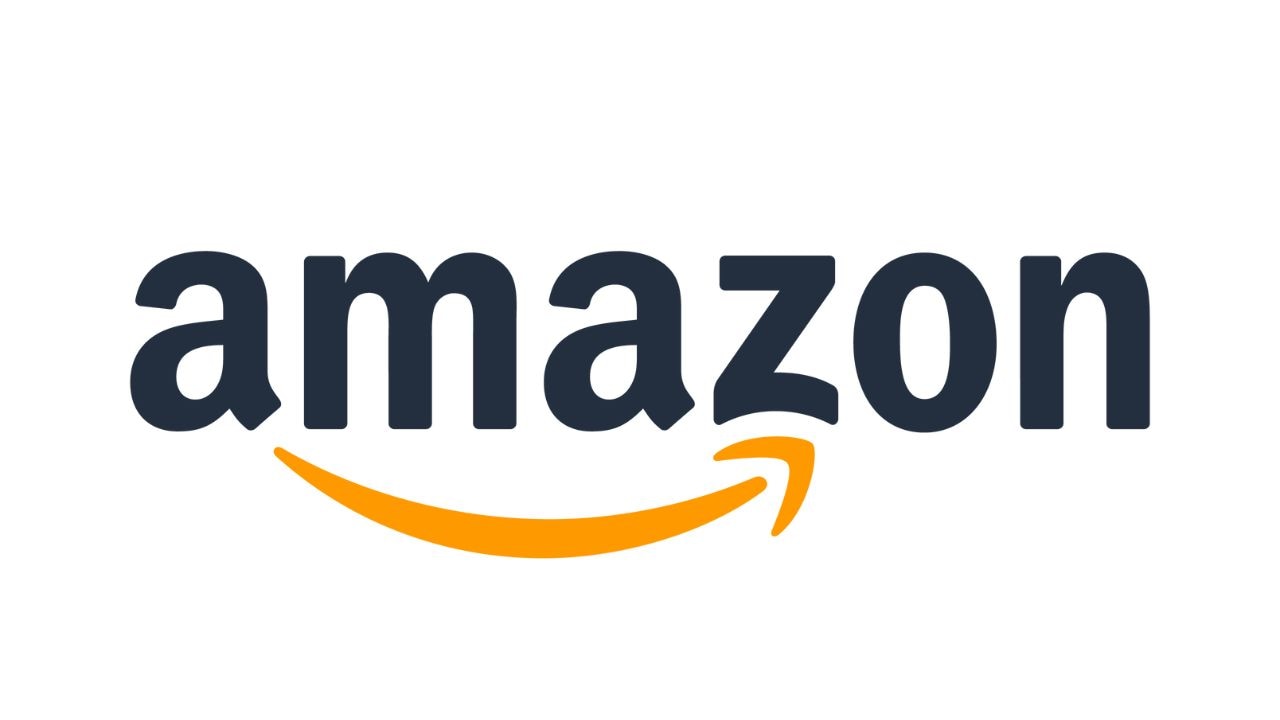Amazon has officially launched its 10-minute delivery service, Amazon Now, in select areas of Bengaluru, as per reports. This move marks a significant expansion beyond the company’s employee-only pilot program, with plans to extend the service to more locations in the coming weeks.
Codenamed ‘Tez’ internally, Amazon Now is currently focusing on grocery and daily essentials. However, the e-commerce giant is actively partnering with brands in the beauty, home, and kitchen categories for its scale-up plan.
Amazon’s entry into the ultrafast delivery space, while somewhat delayed, has been anticipated for months. This sector is experiencing rapid growth and intensifying competition. A recent Citi Research report, projects the quick commerce market to expand from $21 billion to $31 billion by fiscal 2027. The report also highlights the increasing breadth of product selection available for rapid delivery, with quick commerce firms now offering well over 20,000 SKUs (stock-keeping units).
Amazon Now joins a competitive landscape where Flipkart is aggressively expanding its Minutes service. As earlier media reports stated, Flipkart aims to increase its dark store network from the current 120-150 to between 500-550 by its Big Billion Days sale this year. With a target of 300 stores by March, Flipkart is also incorporating high-value categories like electronics, appliances, and smartphones into its quick delivery offerings. Similar to Swiggy Instamart, Flipkart has also recently ventured into medicine delivery through a partnership with PharmEasy.
The battle for market share is heating up among major players. Amazon and Flipkart are vying for a piece of the pie while Swiggy Instamart faces stiff competition from Zomato-owned Blinkit and Zepto as it strives to maintain its No. 2 position.
While Swiggy has doubled its dark store footprint in 2024, Citi Research notes it was “slow to acknowledge the large opportunity” and is now “playing catch-up.” Blinkit, on the other hand, has more than doubled its dark store network in the past year, solidifying its market leadership. As of last month, Swiggy has over 800 dark stores.
The Citi report estimates Blinkit’s market share at 41% and Swiggy’s at 23%. Both Blinkit and Zepto have already surpassed their targeted dark store counts—1,000 and 900, respectively—ahead of schedule.
Profitability remains a concern, with platforms often prioritizing market share over short-term margins, according to Citi Research. The research note suggests that Swiggy will likely continue investing heavily in quick commerce growth through FY26 to close the gap in selection and footprint with its competitors.
